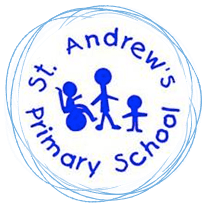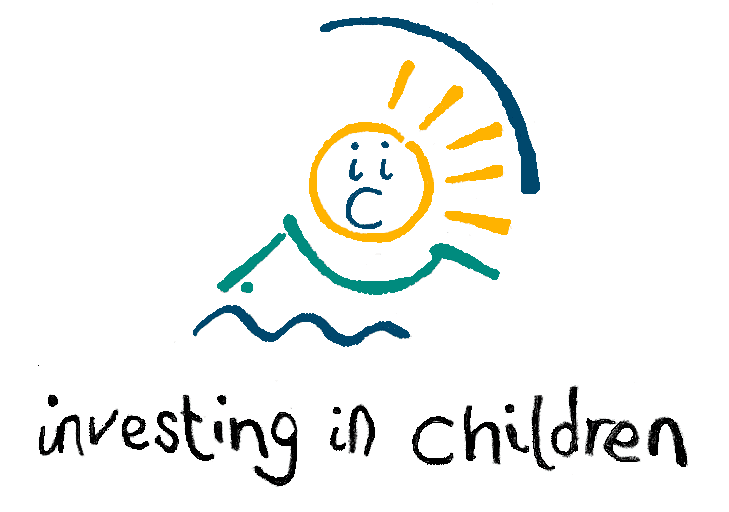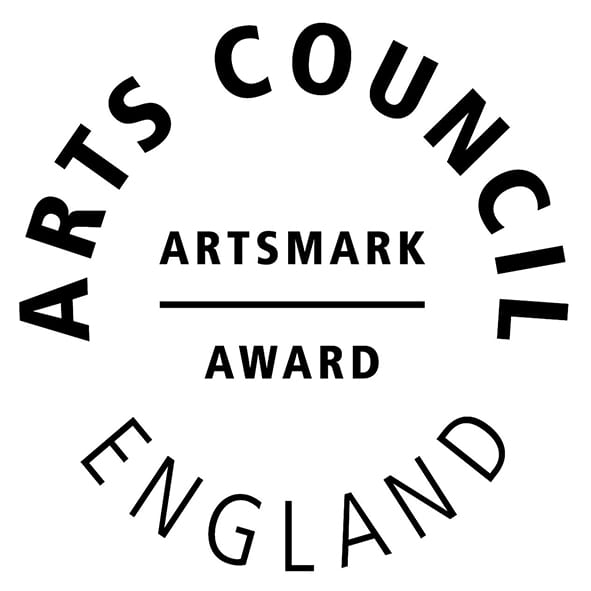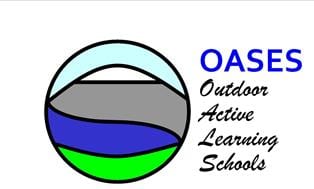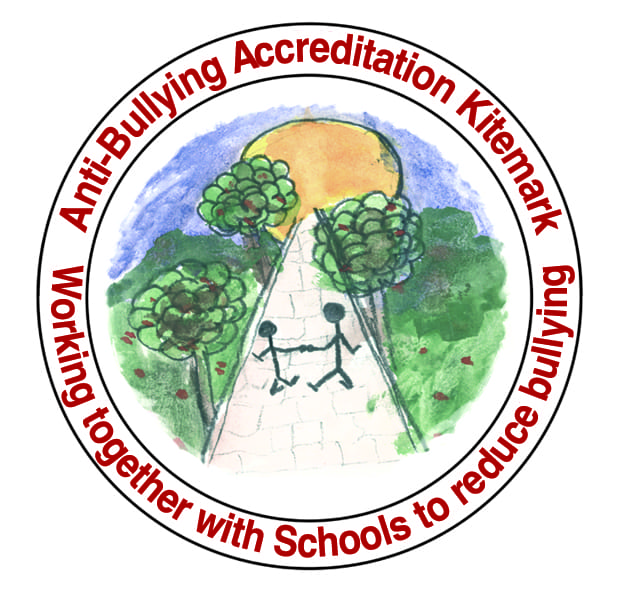Intent
At St. Andrew’s Primary School, History and Geography are taught in alternating half-terms. We allow a whole afternoon each week of that half-term so that children can fully immerse themselves in the learning. A high-quality history education will help pupils gain a coherent knowledge and understanding of Britain’s past and that of the wider world. It should inspire pupils’ curiosity to know more about the past.
Our curriculum is intended to ensure our pupils have a coherent understanding of history through time. Our children build their knowledge of chronology through referring to timelines and comparing periods of History from across the world. In KS2, we begin with the early history of Britain before moving on to Ancient Civilizations from different parts of the world and more recent significant events in local history. In KS1 pupils learn about their own history and history in living memory so that they can understand the concept of time and events in the past before they delve into the past of Britain and the world.
Curriculum enrichment
Pupils are able to further their experiences in History by visiting historical places of interest, investigating their local area, investigating artefacts in class or selecting from a range of History books from our library.
Please see our Whole School Long Term Plan to see what our pupils will study during each year here.
Implementation
Key Stage 1
In Year 1 and 2, the History studies fall into the following categories:
- Changes in Living Memory
- Events beyond Living Memory
- Lives of Significant Individuals
- Significant Historical Events, People and Places in their own Locality.
Key Stage 2
Throughout Years 3, 4,5 and 6, children will learn about:
- Changes in Britain from the Stone Age to the Iron Age
- The Roman Empire and its impact on Britain
- Britain’s settlement by Anglo-Saxons and Scots
- The Viking and Anglo-Saxon struggle for the Kingdom of England to the time of Edward the Confessor
- A local history study
- Early civilisations
Local Links
In addition, our History curriculum draws upon local resources such as museums, local buildings and landmarks, so that our children can make links with the past in their own local environment. We draw upon the expertise of the staff who work in these places to enhance the subject knowledge of the staff and pupils.
Skills
As well as learning vocabulary, dates and facts, the children will also learn key skills:
- Identifying trusted sources
- Using a timeline to understand when key eras or events from history occurred in relation to each other
- Asking perceptive questions
- Critical thinking
- Developing perspective and judgement
These skills are transferrable, meaning our children can apply them to other subject areas and which will stand them in good stead later in life.
